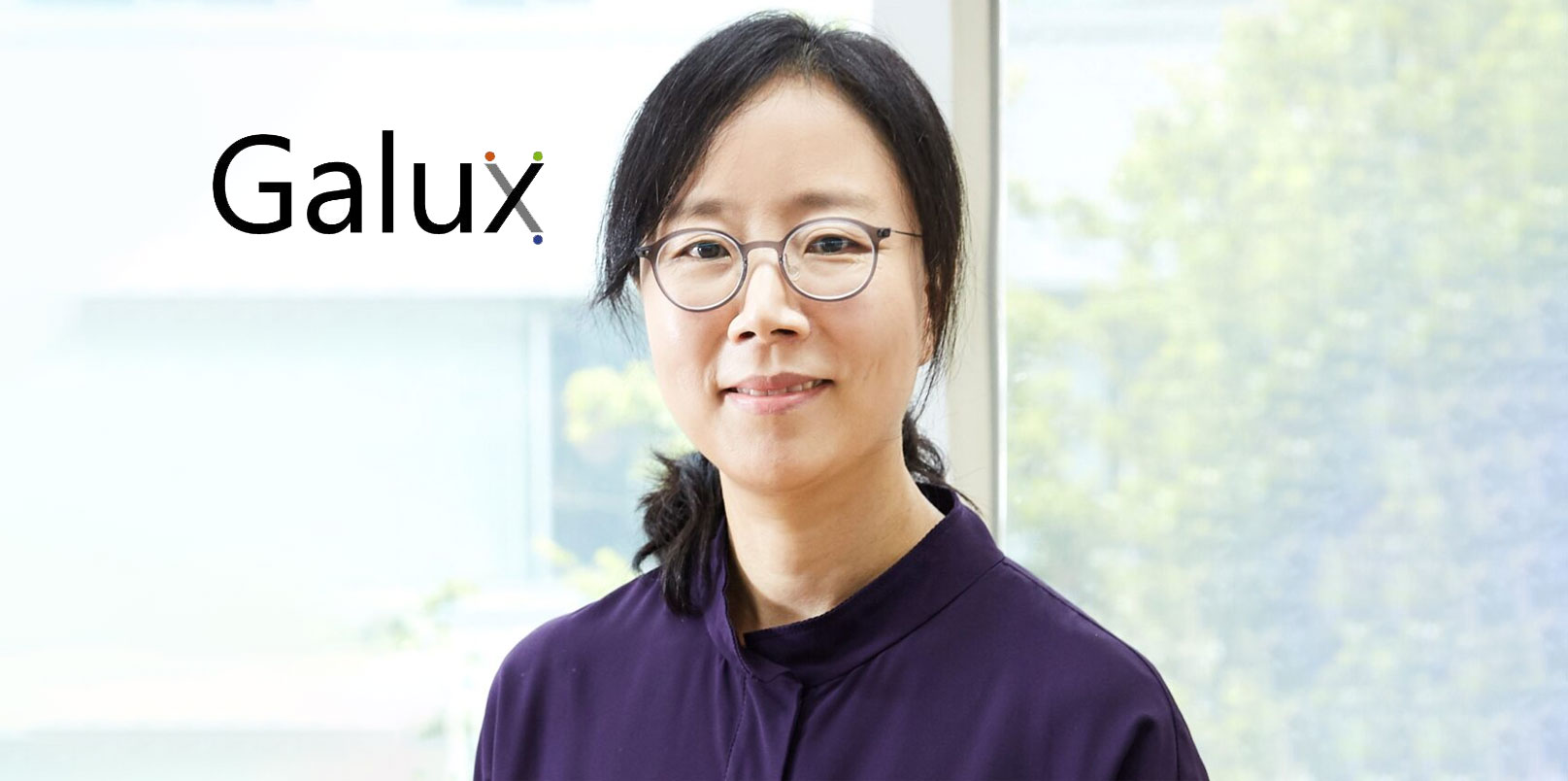Iskander Haouam, a seasoned expert with over 15 years of experience in investment and entrepreneurship, brings a wealth of knowledge and insight into the rapidly evolving world of fintech and innovative solutions. With a diverse background spanning industries such as QSR, banking, telecommunications, retail, and the self-moving sector, Iskander has been a fintech enthusiast since 2011.
At Namal Impact Investment Capital, he excels in product and business development strategy, customer experience, relationship management, risk management, innovation, and finance. His extensive experience in managing accelerator programs with Flat6Labs and Fintech Saudi, combined with his role in organizing hackathons, positions him as a formidable mentor for aspiring startups.
In this interview, Iskander shares his perspectives on international investments, industry growth potential, and the keys to successful global expansion for Korean startups.
Q. Can you share a bit about your background and experience?
I have over 15 years of experience in the investment and entrepreneurship space, primarily focused on fintech, environmental, social, and innovative solutions such as IoT and AI. I’ve had the privilege of managing accelerator programs with Flat6Labs and Fintech Saudi, where we supported early-stage startups with funding, mentorship, and resources. Additionally, I’ve organized hackathons to foster innovation and collaboration
Q. What is your perspective on international investments?
International investments offer a diversified portfolio and access to emerging markets. However, they come with risks such as geopolitical instability, regulatory differences, and currency fluctuations. Thorough due diligence and understanding local market dynamics are crucial.
Q. Which industries do you see as having growth potential?
Globally, I see immense potential in renewable energy, biotechnology, AI, and cybersecurity. Within South Korea, the semiconductor industry, gaming, e-commerce, and entertainment sectors continue to be strong.
Q. What advice do you have for Korean startups aiming for global expansion?
Korean startups should leverage their strengths in technology and innovation. Partnering with local experts, adapting products and services to local markets, and building strong networks are key for successful global expansion
Q. What are the strengths and challenges of Korean startups?
Korean startups benefit from a strong tech ecosystem, government support, and a talented workforce. However, they may face challenges in cultural adaptability, navigating foreign regulations, and competition from established players.
Q. How do you evaluate potential investments in startups?
When evaluating Korean startups, I consider the team’s experience and passion, the scalability of their business model, market potential, and the startup’s ability to address a significant problem.
Q. What qualities do you look for in founders?
I look for founders who are resilient, adaptable, coachable, and have a clear vision for their company’s future. They should be passionate about their product or service and demonstrate strong leadership skills.
Q. What advice do you have for foreign investors interested in the Korean market?
Foreign investors should thoroughly research the Korean market, partner with local experts, and understand the cultural nuances of doing business in Korea. Building trust and relationships is essential.
Q. How important is cultural adaptability for Korean startups entering foreign markets?
Cultural adaptability is crucial for Korean startups entering foreign markets. They can improve by investing in cultural training, hiring local talent, and building relationships with local partners.
Q. What role do government policies play in supporting startups in South Korea?
The South Korean government plays a significant role in supporting startups through initiatives like the “K-Startup Grand Challenge,” providing funding, mentorship, and market access opportunities.
Q. What is your approach to mentorship for startups?
I believe in providing tailored mentorship to startups, focusing on their specific needs and challenges. I offer guidance on strategy, fundraising, team building, and market entry.
Q. What was your experience with the KoreaTechDesk Demo Day?
The Demo Day showcased the vibrant Korean startup ecosystem. I was impressed by the quality of startups and their innovative solutions. To further enhance the event, perhaps more opportunities for networking and targeted matchmaking between startups and investors could be explored.
Keep tab on latest news in the Korean startup ecosystem & follow us on LinkedIN, Facebook, and Twitter for more exciting updates and insights.






